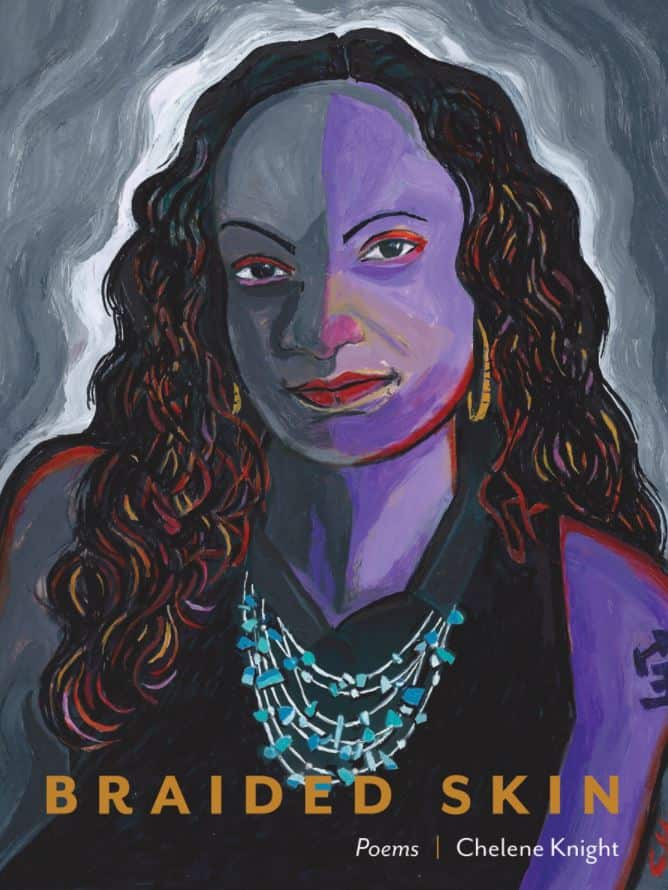Over the past few months, I’ve been courting a love affair with poetry. I’ve discovered that it brings me a lot of comfort to read, and it’s reminded me how much I love words. And feelings! And how the act of just putting feelings into words is powerful. Here are some of the collections of poetry that have won me over this year.
Liz Worth’s The Truth is Told Better this Way (Bookthug)
When Liz Worth isn’t slinging tarot cards and casting astrology charts, she’s making magic on the page. She writes fiction, nonfiction and poetry in a dark, raw and sensual style. Her newest collection of poems felt, to me, like I was being told secrets. Her poems deal with themes like cravings, intimacy, the city and nature, spells and magic. Like her previous books, including Treat Me Like Dirt: An Oral History of Punk in Toronto and Beyond, this collection is definitely defiant.
Margo Lapierre’s Washing Off the Racoon Eyes (Guernica)
Margo’s first book of poetry shares reflections on a Toronto made her own – or, an attempt to find a sense of stability through it as a lived space. She shares to-do lists, agenda items, intuitive realizations, commands and personal philosophies. Incorporating themes of mental illness, addiction, and a search for community and love, Washing Off the Racoon Eyes is one that will resonate with millennials who are skeptical of the forms of “security” available to us.
Chelene Knight’s Braided Skin (Mother Tongue Publishing)
Chelene is a Vancouver-based poet who writes memoirs, poetry, fiction and unapologetic opinion pieces for The Globe and Mail about race and appearance. Her first collection of poetry, Braided Skin, shares her experiences of mixed ethnicity, finding a sense of belonging, poverty and dreams. Told in three parts (or strands), “The Skin,” “The Music,” and “The City,” poems are braided together with a distinct kind of rhythm to portray an individual life.
Canisia Lubrin’s Voodoo Hypothesis (Wolsak & Wynn)
With references pulling from pop culture, news stories, science and folklore, Voodoo Hypothesis responds to representations of people of colour as inferior, and asks, why is “othering” so essential to Western myth? Canisia uses a combination of Caribbean Creole, English patois and baroque language to weave a super intensely political, artful web.
Jennifer Zilm’s Waiting Room (Bookthug)
In four sections – the dentist, the academy, Vancouver’s Downtown Eastside and therapy, this book looks at different therapeutic spaces and muses on what it means to wait – to be a patient, a student, a healer and be healed. With writings including tweets, unsent emails, sonnets and more, Waiting Room is a cabinet of curiosities. A v. witty one.



 Follow Us On Instagram
Follow Us On Instagram
